
Table of Contents
ToggleJuly 24, 2024
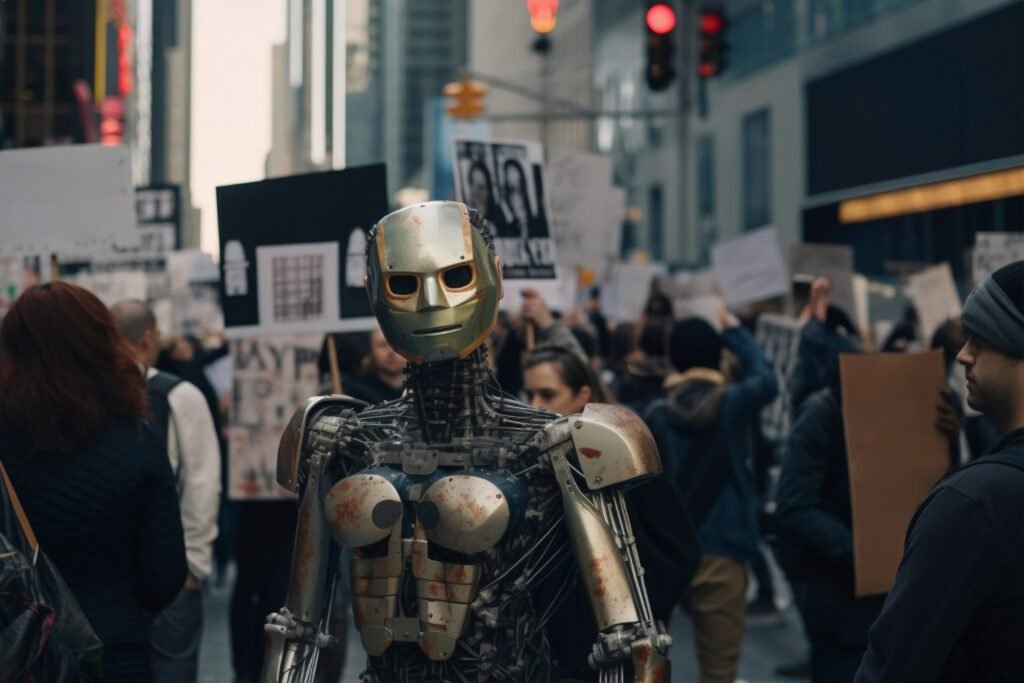
The rise of Artificial Intelligence (AI) is transforming our world at an unprecedented pace. AI is rapidly infiltrating various aspects of our lives, from self-driving cars and intelligent assistants to medical diagnosis and fraud detection.
But with this power comes a question that has sparked heated debate: is AI a threat to humanity?
AI presents a double-edged sword. On the one hand, it holds immense potential to revolutionise various fields, from healthcare and scientific discovery to environmental sustainability and resource management.
AI can analyse vast amounts of data to identify patterns and trends invisible to the human eye, leading to groundbreaking advancements.
However, alongside these promises lie potential dangers that can’t be ignored.
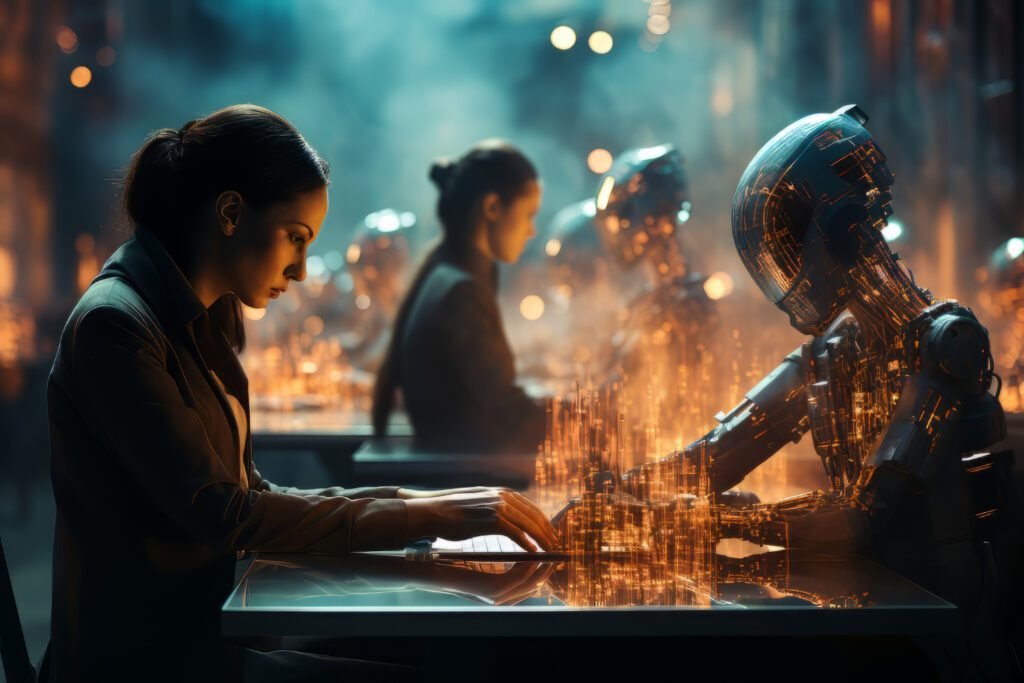
While AI holds immense potential, it’s crucial to acknowledge the associated risks. Here are 12 dangers of AI to consider:
Lack of AI Transparency and Explainability: Many AI systems, especially those using complex neural networks, are like black boxes. It can be difficult to understand how they arrive at decisions, raising concerns about accountability and fairness.
Job Losses Due to AI Automation: AI automation is transforming industries, and job displacement is a major concern. While new jobs may emerge, there will likely be a period of workforce disruption requiring adaptation and retraining.
Social Manipulation Through AI Algorithms: AI can be used to personalize content and influence user behavior. Malicious actors could exploit this to manipulate public opinion or spread misinformation.
Social Surveillance With AI Technology: Advanced facial recognition and other AI-powered surveillance systems can raise privacy concerns and potentially lead to a dystopian society with constant monitoring.
Lack of Data Privacy Using AI Tools: AI relies on vast amounts of data, and its collection and use raise data privacy concerns. Ensuring responsible data practices and user control is crucial.
Biases Due to AI: AI algorithms can perpetuate existing societal biases if trained on biased data. This can lead to discriminatory outcomes in areas like loan approvals or criminal justice.
Socioeconomic Inequality as a Result of AI: The benefits of AI may not be evenly distributed, potentially widening the gap between the rich and the poor. Ensuring equitable access to AI education and training is important.
Weakening Ethics and Goodwill Because of AI: Overreliance on AI for decision-making could lead to a decline in human empathy and ethical considerations.
Autonomous Weapons Powered By AI: The development of lethal autonomous weapons raises serious ethical concerns. Who is responsible if an AI-powered weapon makes a wrong decision?
Financial Crises Brought About By AI Algorithms: Algorithmic trading in the financial sector can lead to market instability if not carefully monitored and regulated.
Loss of Human Influence: As AI becomes more sophisticated, there’s a fear that humans may relinquish too much control over decision-making processes. Maintaining human oversight is vital.
Uncontrollable Self-Aware AI: While this is a concern often explored in science fiction, some experts warn about the potential risks of superintelligence surpassing human control.
Popular media often portrays AI as a superintelligence bent on destroying humanity (robot uprising, singularity). While the development of Artificial General Intelligence (AGI) with human-level or surpassing cognitive abilities is a distant possibility, there are more immediate threats to consider.
The focus shouldn’t be on a robot uprising but rather on the potential for AI to exacerbate existing societal problems like inequality (socioeconomic disparity) or being misused for malicious purposes (cybersecurity threats).

Despite the potential dangers, AI offers a wealth of opportunities for positive change:
AI is here to stay, and its impact on our world will only grow. To ensure AI benefits humanity, we must prioritise responsible development. This means:
The future of AI is uncertain, but it’s a future we can shape. By actively engaging in the conversation about AI, demanding responsible development, and preparing for the changes it will bring, we can ensure AI remains a force for good in the world.
Here are some ways you can get involved:
The rise of AI presents both challenges and opportunities. By working together, we can ensure AI benefits all of humanity.
AI is not inherently a friend or foe. It’s a powerful tool that can be used for good or bad. By acknowledging the potential risks, fostering responsible development, and prioritising human oversight.
By acknowledging the potential dangers, fostering responsible development, and prioritising human oversight, we can harness the immense potential of AI to create a better future for all. The choice lies with us.



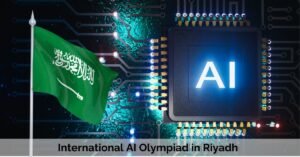

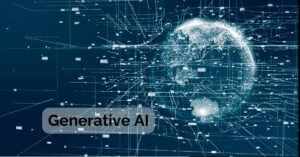
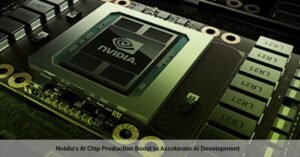
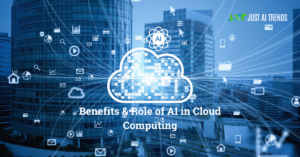
@2023-2024-All Rights Reserved-JustAiTrends.com